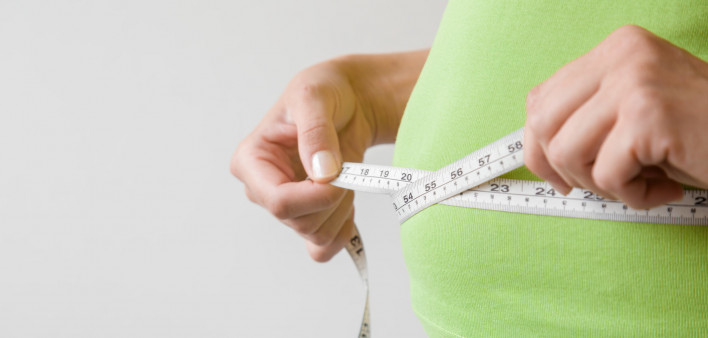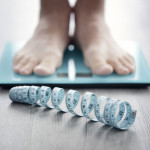HIV-related lipodystrophy may have psychological as well as physical consequences, leading to feelings of stigma, loss of self-esteem and social withdrawal.
“Feelings of shame, anxiety, depression and disgust are not uncommon,” says Aaron Blashill, PhD, an associate professor in the Department of Psychology at San Diego State University. “Regarding lipohypertrophy, it may not be stigma related to HIV per se, but rather broader weight-based stigma, which is unfortunately common in our society.”
Lipo can be a constant reminder of living with HIV, and it can reveal to others that you have the virus, depriving you of control over when and to whom you disclose your status.
“It really affects you,” says Lillibeth Gonzalez. “I didn’t want to be seen because I felt like people were going to know I have lipodystrophy and HIV. They’re going to know I have a condition because of my stomach.”
The gaunt appearance and sunken cheeks of lipoatrophy, in particular, can be a telltale sign that someone is a long-term HIV survivor.
Mark S. King, 59, the creator of the blog My Fabulous Disease and once an actor in television commercials, underwent treatment with Radiesse and Sculptra to regain lost volume in his face, eventually opting for the longer-lasting Bellafill.
“In some ways, I feel like I just wasn’t up to it,” he says of living with the visible evidence of his long battle with HIV. “I’d rather have it fixed. It’s too painful of a reminder. I’m too self-conscious.”
For some people with lipodystrophy, counseling may help them come to terms with how their body looks.
“We’ve developed a type of psychotherapy called cognitive behavioral therapy for body image and self-care for individuals living with HIV who report body image concerns,” Blashill says. “This type of therapy was found to be effective in improving body image, lowering depression and increasing antiretroviral treatment adherence.”
“This program encourages folks to confront situations they may avoid in their lives due to body image concerns—for example, not looking in the mirror or not going to the beach or the gym,” he adds. “We also encourage folks to practice mindfulness skills—staying in the moment and not judging one’s experience. Reminding ourselves of what our bodies can do as opposed to what they look like can often be helpful.”
That’s a message Gonzalez takes to heart.
“I feel more comfortable with myself. I’m able to buy clothing that makes me feel more comfortable—loose clothing but in style, because I don’t want to lose my style,” she says. “I love myself either way, I really do. I celebrate every day that I’m alive, and I’ve tried to just be happy with who I am.”







4 Comments
4 Comments